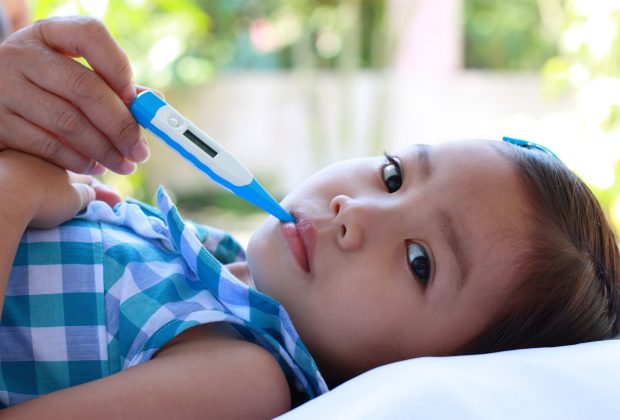HIB Basic Information
HIb, or Haemophilus influenzae type b, is a severe bacterial infection, occurring primarily in infants and children under 5 years. Symptoms include meningitis, pneumonia, sepsis, epiglotittis (a severe throat infection), skin infections, and arthritis. This can be serious in children under age 1, but there is little risk of getting the disease after age 5. The primary complication is Hib meningitis, resulting in death in one out of 20 children, and permanent brain damage in 10% – 30% of the survivors. Transmission is most likely through respiratory droplets (coughing and sneezing).
Side Effects
A vaccine, like any medicine, is capable of causing serious problems, such as severe allergic reactions. The risk of Hib vaccine causing serious harm or death is extremely small.
Most people who get Hib vaccine do not have any problems with it.
Mild Problems
Redness, warmth, or swelling where the shot was given (up to 1 out of 4 children)
Fever over 101 degrees Fahrenheit (up to 1 out of 20 children)
If these problems happen, they usually start within a day of vaccination. They may last 2 to 3 days.
Who Should Not Be Vaccinated
Some people should not get Hib vaccine or should wait.
People who have ever had a life-threatening allergic reaction to a previous dose of Hib vaccine should not get another dose.
Children less than 6 weeks of age should not get Hib vaccine.
People who are moderately or severely ill at the time the shot is scheduled should usually wait until they recover before getting Hib vaccine.
Ask your doctor or nurse for more information.

